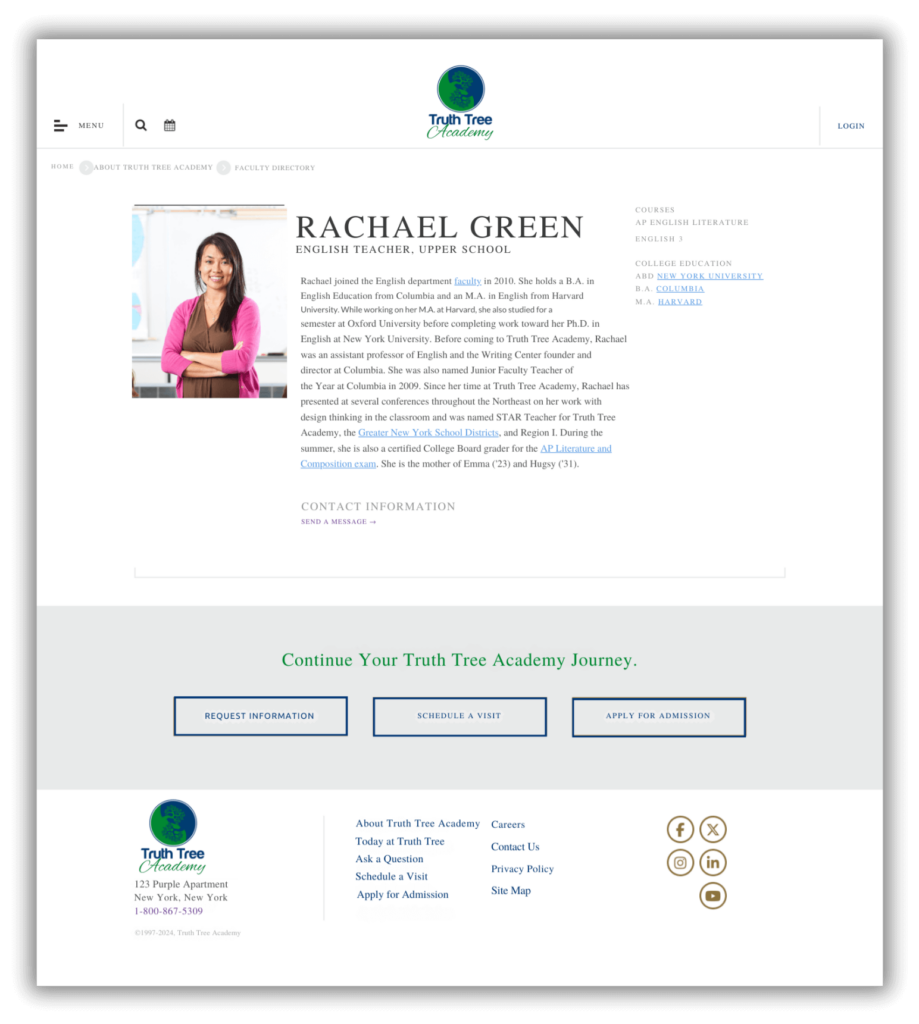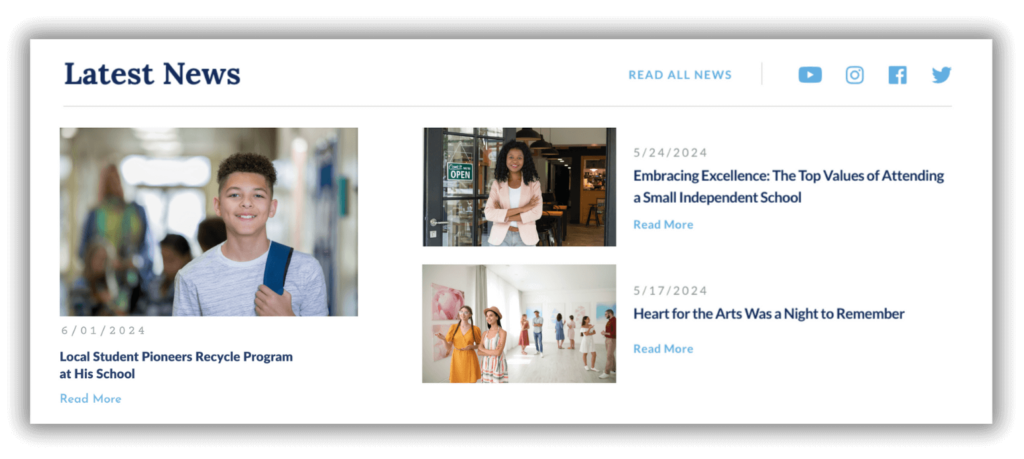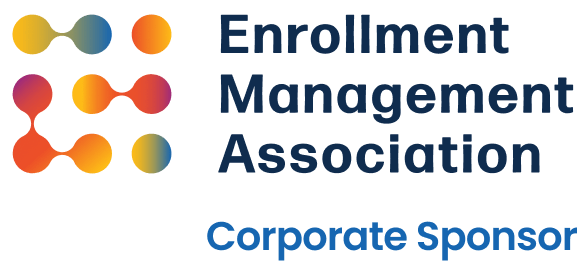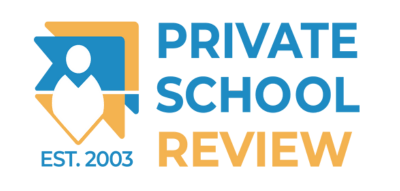Missy Speyrer, Associate Director of Marketing, Truth Tree & Lael Kittle, Lead SEO Marketing Specialist, Truth Tree
We pulled our thoughts together on the leaked Google docs but one of the takeaways from the 2,500 pages of leaked search ranking data is that Google tracks “domain authority” through what they call “siteAuthority”.
But what is a school’s “domain authority”?
A school’s “domain authority” refers to the measure of the strength and credibility of its website domain in the eyes of search engines, and for the sake of this post, particularly Google. A school website with a low score is not likely to make page 1 of search results or land in the featured Google SGE snippet.
So how does a school build and retain a strong “domain authority”?
Inbound Links Show that Your School Site is Real and Active:
- Local News Articles: Reach out to local news outlets to feature school events, achievements, and initiatives. Ensure these articles link back to the school’s website.
- Parent and Community Blogs: Collaborate with parent bloggers and community websites to contribute posts or have the school featured. These can be standalone content pieces or participating in guides and programming calendars. These should include backlinks to the school’s site.
- Educational Directories and Review Sites: Update and enhance profiles on platforms like Niche, Private School Review, Great Schools, and Google Business Profile (formerly known as Google My Business). Make sure these profiles include direct links to the school’s website.
- Teacher Pages: Fully build out teacher profiles on the school website, including their credentials, awards, and achievements. Include links to educational institutions and awarding entities to boost site trustworthiness from affiliation. These profiles should be linked to often within published content. For instance, if you include a teacher’s quote about a student’s recent art project in a blog post highlighting the recent art fundraiser, link the teacher’s name back to their profile page.
- Awards and Recognition Pages: Create dedicated pages highlighting awards and recognitions the school has received. Link out to the awarding bodies or articles, and encourage them to link back to the school site.

Pro Tip for Powerful Backlinking: Avoid using link shorteners like Bitly when linking from other sites. While these services provide traffic analytics, they can diminish the SEO impact, resulting in little to no gains in domain authority. Instead, use UTM parameters to outfit the URL. This allows you to effectively track traffic while still positively impacting domain authority and SEO. That being said, link shorteners remain useful for social media posts where links typically have “nofollow” attributes anyway.
Outbound Links Build Credibility for Your School’s SEO:
- Linking to Credible Sources: Ensure that the school website links out to authoritative and relevant educational resources, partners, and accrediting organizations.
- Partnerships and Collaborations: Highlight partnerships with other educational institutions or local organizations. Feature these on the website and link to the partner websites, encouraging reciprocal linking.

This can mean linking out to speakers who run professional development for your staff, linking out to entities awarding ‘teacher of the year’ awards, or linking out to the local library who facilitated the spring writing contest. These connections enhance the credibility and trustworthiness of your site in the eyes of search engines.
Content Quality & Frequency Impacts Your School’s SEO:
- Update Often: Maintain a blog or news section on the school website where you regularly post updates about school achievements, activities, educational insights, and upcoming events. Google wants to deliver fresh, relevant content to those searching, so publishing often and updating or republishing past content is very effective.
- Authored Authority for the Win: The writers of your content should be reputable experts from within your school denoting why he or she is credible and linking back to their school profile page. For instance, the by-line “Nina Riva, Head of School, Masters in Education” means more than “Nina Riva” to a search engine and proves authority to the content within the post or article. Can’t get your Head of School to sit down and write a blog post? Get creative about who’s affiliated and connected to your school. Board members, Speech Language Pathologists on staff, and athletic trainers can contribute quality content with a strong by-line.
- Engaging Media: Use high-quality images, videos, and infographics to make content more engaging and shareable. Be sure to turn any school, faculty, or student awards into news articles or blog posts published on your site then link out to social posts and contributed posts on local sites. A blog post on a local parent blog highlighting the value of strong summer programming can mention that the camps are designed and facilitated by award-winning faculty. Link “award-winning faculty” to the blog post on your school site about all the teachers who won “Teacher of the Year” awards.
- SEO Best Practices: Implement on-page SEO techniques, including the use of relevant keywords within content, title tags, meta descriptions, and alt texts for images. Ensure the website is mobile-friendly and loads quickly. Consider title tags for each content piece to answer and match search queries: using “Private All-Girls High School in Houston | College Readiness” on a piece written by your college counselor vs “Truth Tree Academy | How We Prepare Students for College”.
Whether or not the leaked Google search ranking data is their most current algorithm, building site authority is a great way to future-proof your school’s SEO as AI continues to change the search landscape.
Are You Curious about Your School’s Site Authority?
We are a blended team of former school marketing, admissions, and leadership personnel & digital marketing experts. Reach out today to see how your school stacks up.











